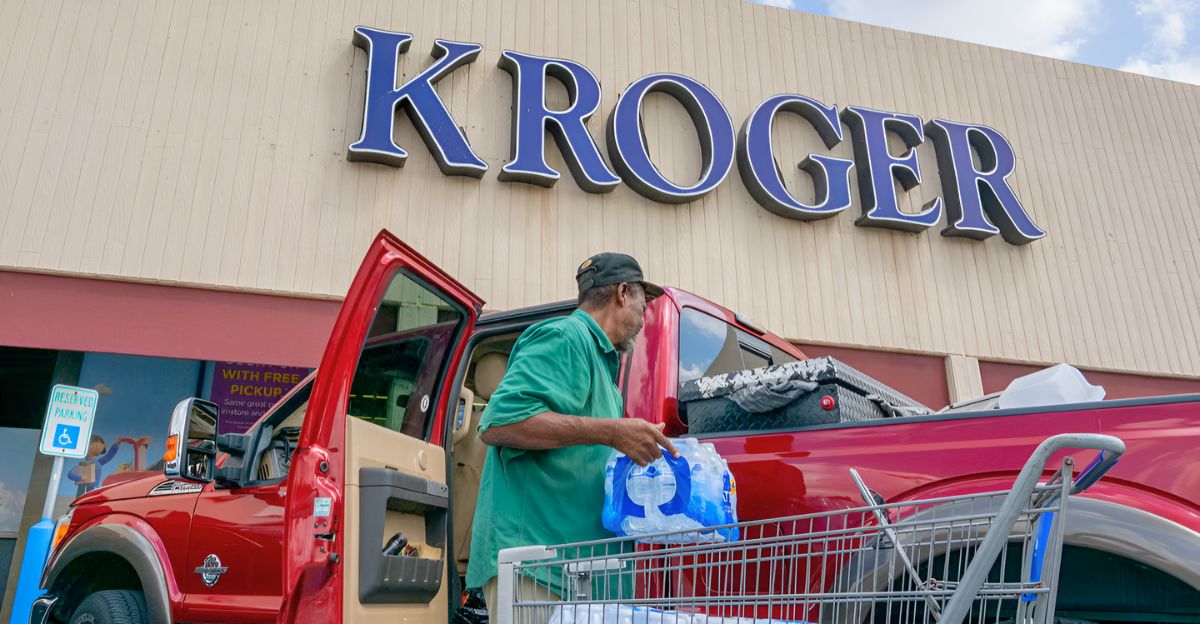
Imagine entering your local Kroger’s and discovering that the doors are permanently closed and the shelves are empty. It is more than speculation for thousands of Americans: Kroger, the nation’s most recognized grocery store chain, has closed 60 stores nationwide, representing about 5% of its footprint.
While the company has not issued a complete list, at least one Texas store, McKinney, has been confirmed to shut its doors. For many, this is less than a business decision; it’s a rip in the tapestry of everyday life. What does this bode for the future of American retail and communities left behind?
Why Now? The Forces Driving Kroger’s Exit
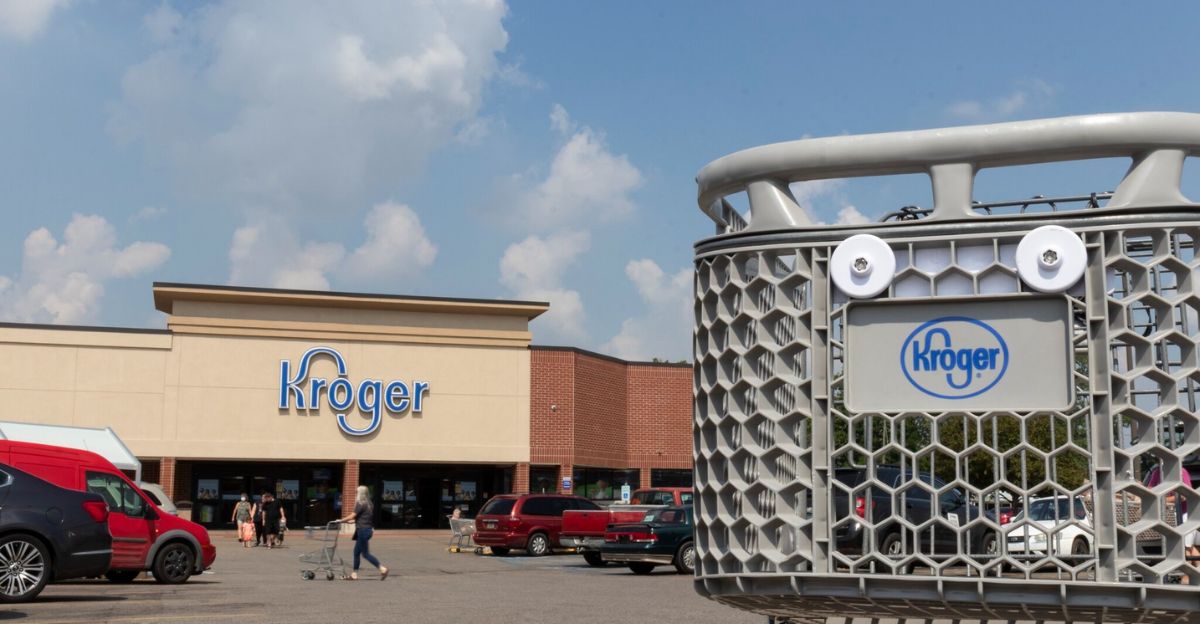
What Kroger is doing is not being done in a vacuum. In its first quarter, the company’s sales fell to $45.1 billion from $45.3 billion a year before, in keeping with a wider fall in consumer spending, inflation, and fierce pressure from discounters and electronic rivals.
The collapse of the attempted merger with Albertsons, now the target of lawsuits, further confused Kroger’s strategic position. These store closings respond to changing market circumstances rather than a retreat and a step toward efficiency and future profitability.
Examining Texas As A Key Case Study In The Retail Landscape
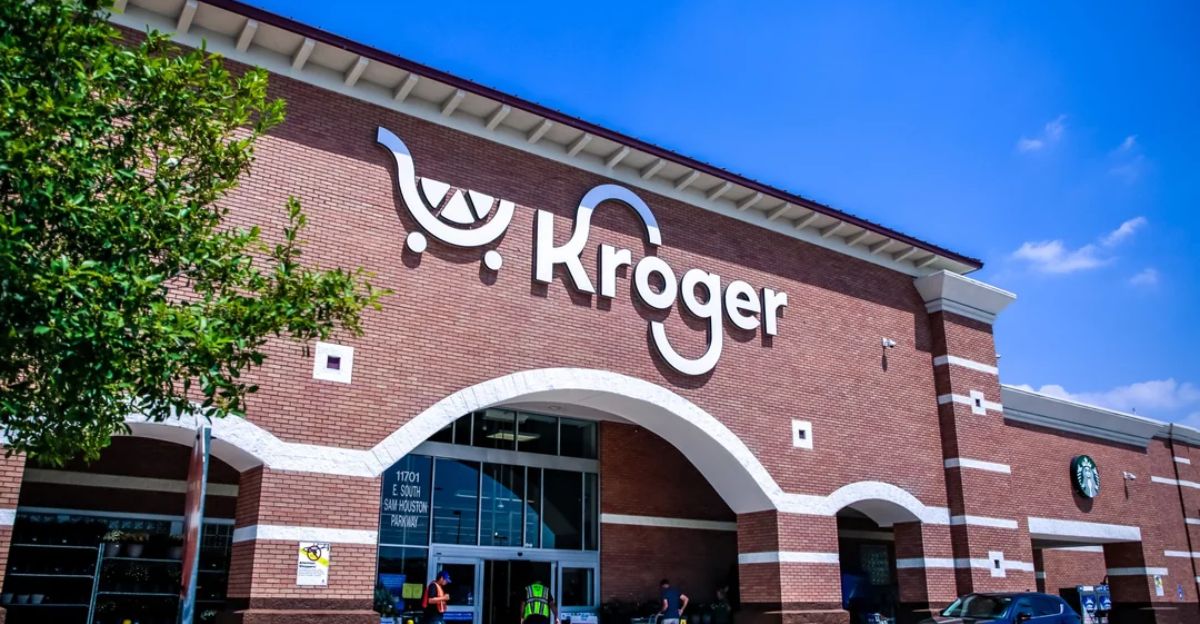
Even Kroger, which has not made an exhaustive list, is closing its McKinney, Texas, store, which is par for a bigger trend: even good markets aren’t exempt. With a rapidly growing population and economic clout, Texas is a harbinger of retail trends nationwide.
The fact that firms decide to close stores here indicates that even fast-growing markets are vulnerable as corporate strategy shifts. It’s not solely about local underperformance signals that retailers are rewriting the old geography rules.
The Price Of Change: Jobs, Identity, and Uncertainty

Kroger transfers employees from closing stores to other positions. However, relocation is rarely easy, and shutting a community store can annihilate livelihood as much as community identity.
For many of its employees, the promise of a new job does not remove displacement fear as much as dislocation from habit. The store closure could mean a disappearing lifeline for shoppers, particularly older people or those with poor transportation.
A Small Financial Win Or A Bold Strategic Move?

Kroger expects a “modest financial benefit” from the store closings, which already have been booked at a $100 million impairment charge.
Kroger is counting on shutting unprofitable stores to free up money to invest in more growth-oriented locations and online platforms. But it’s a high-risk bet: there’s little leeway in a highly competitive industry. A miscalculation can give up market share to rivals or ruin customer loyalty.
E-commerce Takes Center Stage In The Digital Pivot
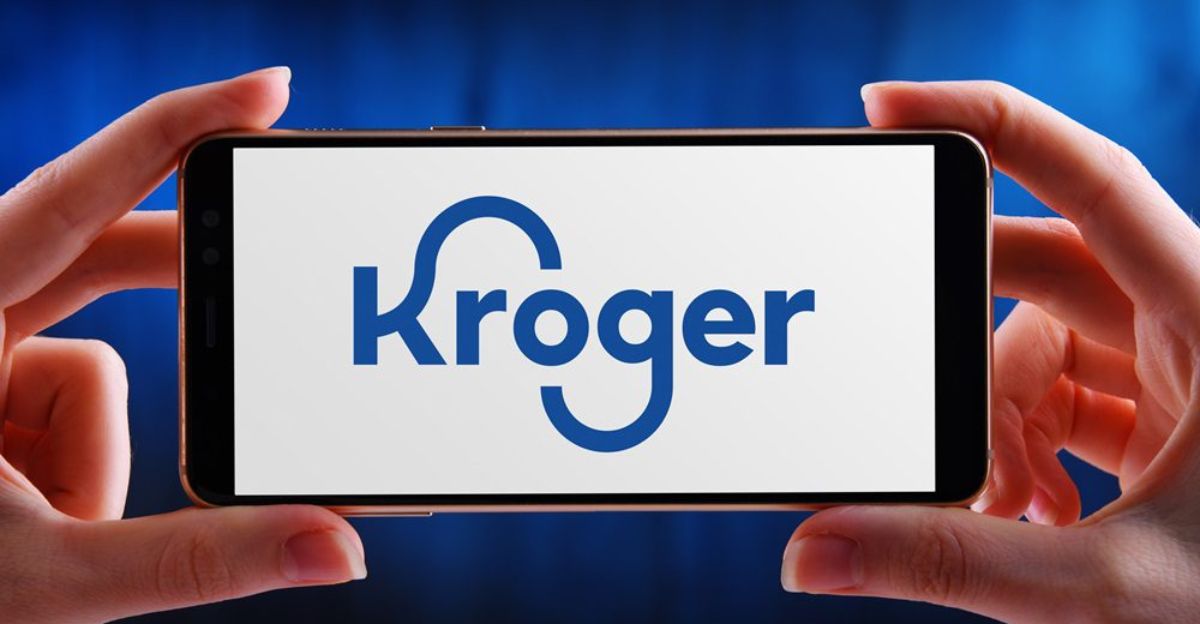
As the store closures rage, Kroger’s e-commerce operation is booming, with online sales in the fourth quarter up 15% from a year ago. The chain has formed a new e-commerce division meant to bring digital initiatives under one roof and is betting that the future of grocery shopping is online.
It’s not convenient, this is surviving in an era when Amazon, Walmart, and Instacart reshape how Americans buy groceries. The physical store is not obsolete, but no longer the sole attraction.
The Chain Reaction Impacting Local Economies

When an anchor store closes, the ripples extend far beyond the store. Local vendors lose contracts, neighborhood businesses find their foot traffic evaporating, and municipalities grapple with a shrinking tax base.
In specificc neighborhoods, a Kroger closing could shift the balance from economic vitality to malaise, particularly in those deserts or rural-teetering communities with few options. But it’s more than just economics: it’s also social, reordering the very nature of neighborhoods.
Could This Be An Example Of Creative Destruction In Action?

Some analysts think these closures are a painful but necessary, even healthy, form of creative destruction. By pruning underperforming stores, Kroger can invest in innovation and the shopping experience and emerge as a stronger, more resilient company.
It is Darwinian reasoning, cruel but often practical: survival goes not to the biggest but to the most agile in retailing. Whether reinvention’s payoff is worth the disruption’s agony
Retail History’s Lessons For The Future
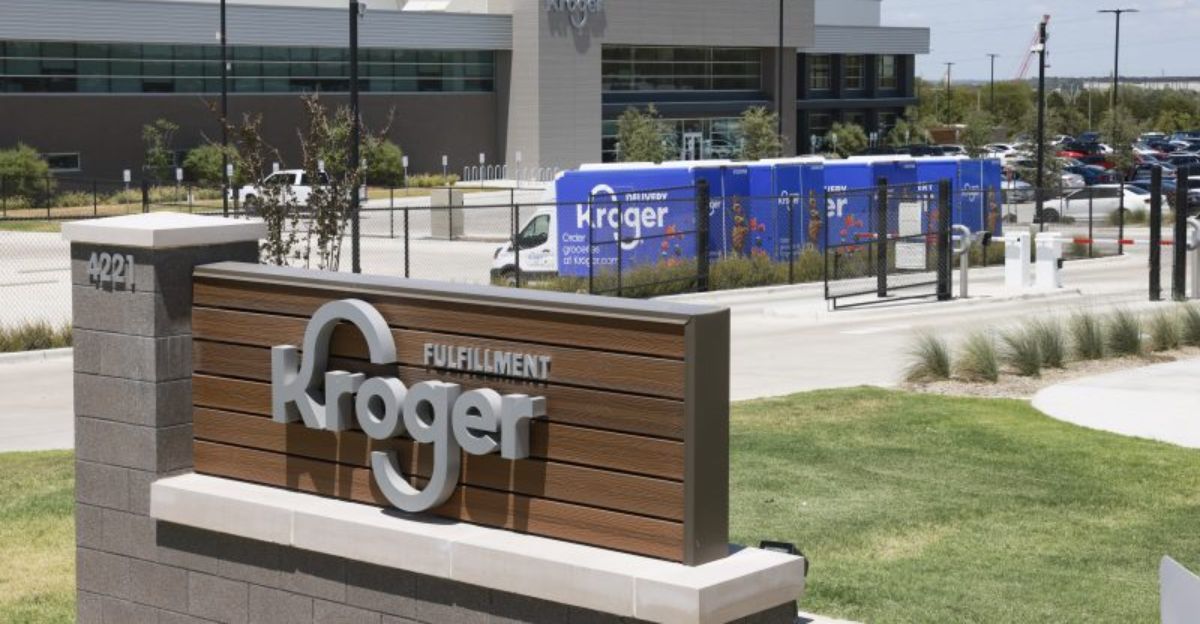
Kroger’s move is not new. From Sears to Toys “R” Us, the history of American retailing includes giants that fail to keep pace. What is unusual about Kroger is that it is acting before it is in crisis.
By aggressively shutting stores, the company hopes to avoid the destiny of those who responded too slowly. History has demonstrated that transformation is agonizing but inevitable; those that fail to adapt go extinct.
A Critical Decision Point For The American Grocery Industry
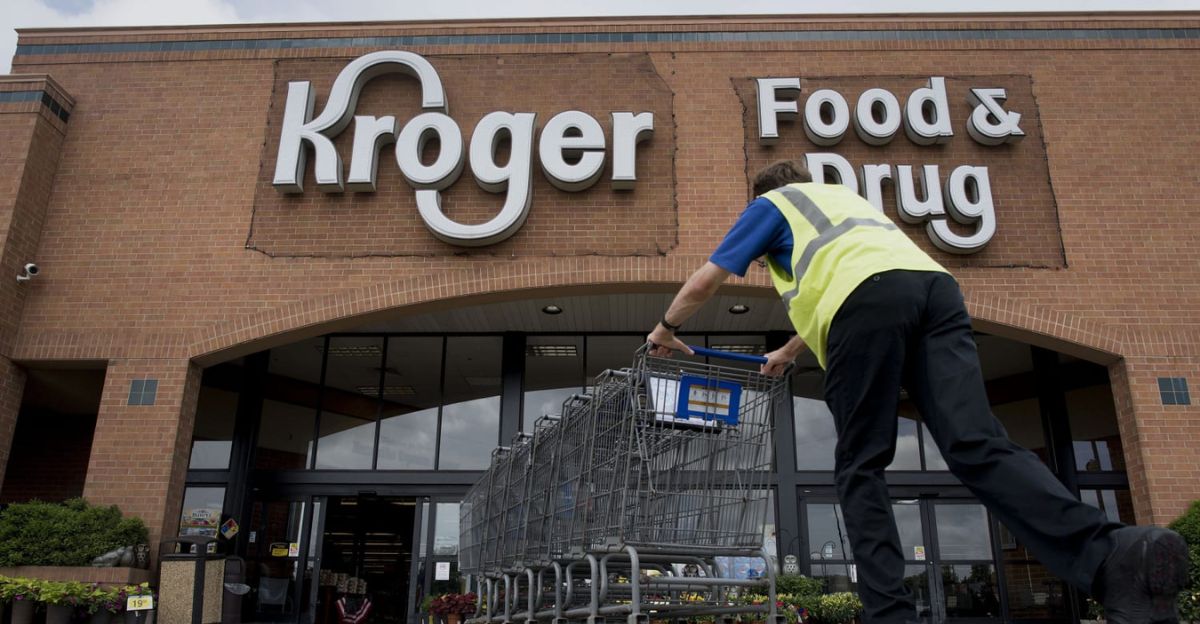
Kroger announced it closed all stores nationwide, marking a crossroads for retailing in America. Chilly economic calculations have led to this decision, but its significance is also profoundly human and massive, out of all proportion to its immediate impact on business.
As the food retail industry splits between online and offline, national and local, older and new-fashioned, winners will prove capable of optimizing, innovating, and fitting the old ways to day-to-day life.
With the next chapter for Kroger (and the communities it serves) still to be written, the stakes have never been higher, and we cannot measure them in dollars alone.
Discover more DIY hacks and style inspo- Follow us to keep the glow-up coming to your feed!

Love content like this? Tap Follow at the top of the page to stay in the loop with the latest beauty trends, DIY tips, and style inspo. Don’t forget to share your thoughts in the comments — we love hearing from you!